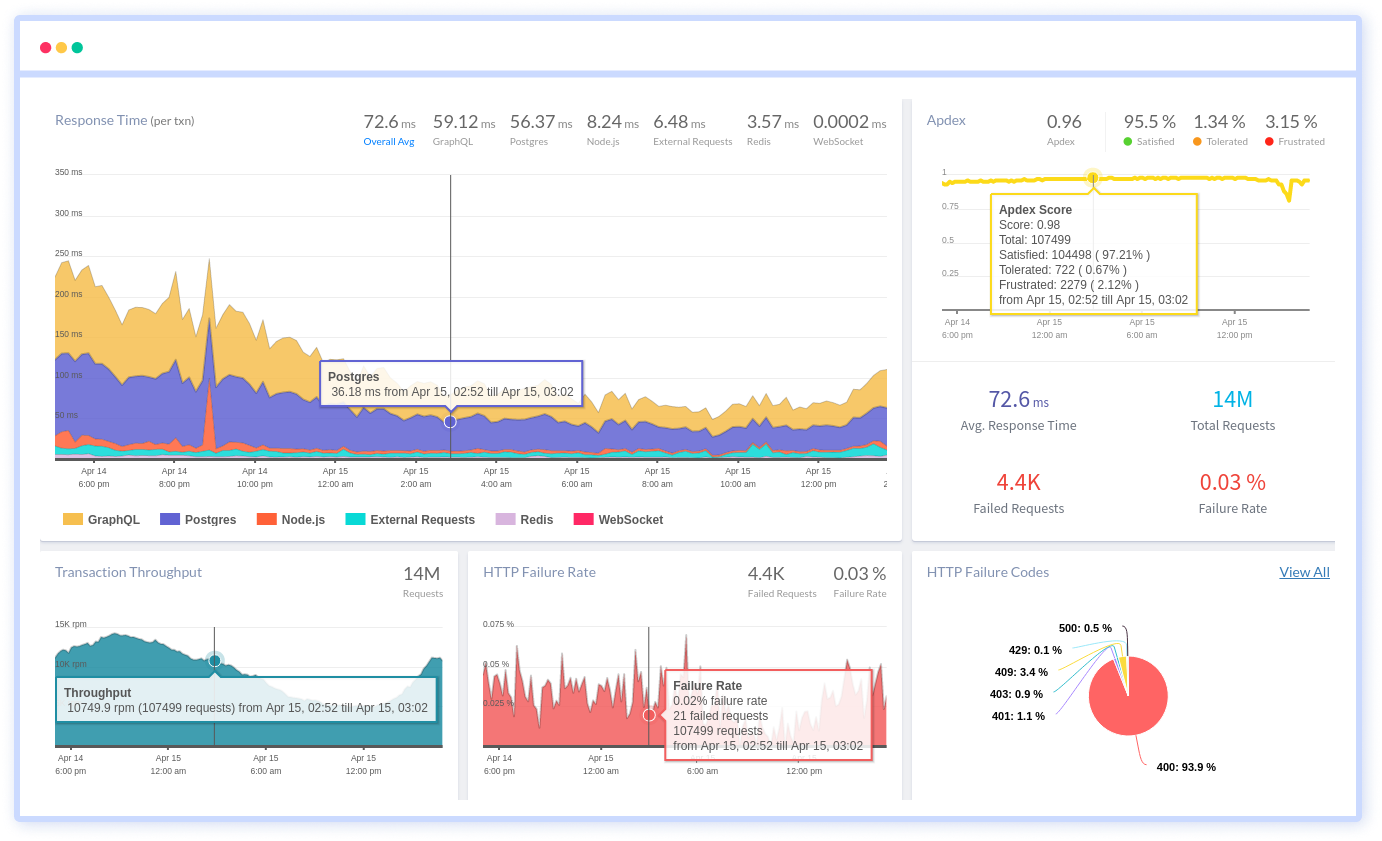Virtual private clouds (VPCs) have grown in popularity over the past few years among companies of all sizes, and for good reason. When it comes to cloud computing, VPCs are sometimes considered as combining the best aspects of both worlds (i.e., private and public). They provide the flexibility and affordability of a public cloud along with the privacy and security of implementing your customized private solution.
We will go over the following:
- What is Virtual Private Cloud (VPC)?
- Why is Virtual Private Cloud Important?
- Features of Virtual Private Cloud
- How Does a Virtual Private Cloud Work?
- The Architecture of Virtual Private Cloud
- Benefits of VPC
- Virtual Private Cloud vs. Private Cloud
What is Virtual Private Cloud (VPC)?
A virtual private cloud (VPC) is a public cloud service that enables businesses to create their own private cloud-like computing environment on a shared public cloud infrastructure. To create a private, secure location on the public cloud, a company can use a VPC to construct and manage a virtual network that is logically separated from all other public cloud tenants.

Consider a cloud provider's infrastructure as a complex of apartments that is home to several households. A public cloud tenant is similar to a group of roommates living together in an apartment. In comparison, having a VPC is similar to owning a private condominium because nobody else has the key and nobody is allowed to access the room without your consent.
Virtual network characteristics and security features enable a VPC's logical isolation and provide a corporate customer with granular control over which IP addresses or apps can access certain resources. It is comparable to social media accounts' "friends-only" or "public/private" filters, which limit who can and cannot read your ordinarily public posts.
Why is Virtual Private Cloud Important?
Any business seeking scalability, flexibility, exceptional performance, and outstanding security without breaking the bank can benefit greatly from a virtual private cloud.
The nearly unlimited scalability of public cloud hosting is one of its best features. Customers of VPC can easily add more resources in real time as needed.
VPC enables the flexibility of being hosted on a public cloud but also connecting to a dedicated server infrastructure in the future, should such a necessity arise. VPC is essentially self-contained.
Being hosted on a cloud offers greater performance for users all around the world than on-premise servers if your VPC runs a global web application.
Typically, VPC providers invest a lot of time and money into keeping their systems safe and current. This is crucial for small and medium-sized firms, which frequently lack the resources to provide data security at the same level of attention.
Finally, VPCs are typically significantly more cost-effective because the underlying infrastructure is shared with other tenants.
Features of Virtual Private Cloud
VPCs offer cloud computing's "best of both worlds" solution. While utilizing the resources and cost savings of the public cloud, they provide customers with many of the benefits of private clouds. Key characteristics of the VPC model include the following:
- Agility
You can manage the size of your virtual network and install cloud resources as needed for your company. These resources can be dynamically and instantly scaled. - Availability
Your applications and workloads are highly available due to redundant resources and availability zone architectures with excellent fault tolerance. - Affordability
Customers of VPC can benefit from the cost-effectiveness of the public cloud by saving money on things like hardware costs, labor costs, and other resources. - Security
Your data and applications won't share space or interact with those of the cloud provider's other clients because the VPC is a logically isolated network. You have complete control over who accesses resources and workloads and how they are used.
How Does a Virtual Private Cloud Work?
A virtual private cloud (VPC) combines the finest features of private and public cloud systems into a single platform. When running on public or shared architecture, VPCs perform like a private cloud.
VPC is most frequently utilized in the context of cloud "infrastructure as a service", where one provider supplies the basic public cloud infrastructure, and various vendors can provide the VPC services offered over this infrastructure.
In a virtual private cloud, the public cloud infrastructure provider is in charge of making sure that each customer's data is kept separate from every other customer's while it is being transferred and while it is located on the cloud provider's network.
This is accomplished by implementing security policies that need at least some of the criteria listed below:
- Encryption
Virtual private networks, or VPNs, layer a private network over a public network using encryption. The internet infrastructure via which VPN traffic passes includes publicly accessible routers, switches, etc. However, because the traffic is jumbled, it is invisible to other users. - Private IP Addresses
An IP address range in a network that is set aside for a certain user is known as a subnet. Unlike regular IP addresses, these private IPs cannot be accessed via the public internet. - Unique Virtual Local Area Network (VLAN)
A VLAN is a collection of computing devices linked together directly over the local area network (LAN). A virtual LAN is a VLAN. Similar to a subnet, a VLAN can divide a network; however, this division happens at layer 2 as opposed to layer 3 of the Open Systems Interconnection (OSI) Model.
A user of a virtual private cloud can typically design and maintain their IP addresses, network gateways, access control rules, and subnets.
The Architecture of Virtual Private Cloud
You can set up your private virtual network in a VPC and deploy cloud resources there. These logical instances—also referred to as cloud resources—are divided into three categories.
- Compute
Virtual CPUs (vCPUs) with a predetermined amount of processing power, memory, etc. are displayed to the user as virtual server instances (VSIs, often referred to as virtual servers). - Storage
Block storage quotas are normally granted to VPC customers per account, with the option to purchase additional. It is comparable to buying more hard drive space. The type of your workload determines the storage recommendations. - Networking
To enable or restrict access to the resources in your virtual private cloud account, you can install virtual versions of certain networking operations. These include load balancers, which distribute traffic across multiple VSIs to optimize availability and performance, public gateways, which are deployed so that all or some areas of your VPC environment can be made available on the public-facing Internet, and routers, which direct traffic and enable communication between network segments. Direct or dedicated links provide for quick and secure communication between your private cloud or on-premises enterprise IT environment and the public cloud VPC resources.
Benefits of VPC
The fundamental advantages of each VPC are easily converted into advantages for your company's agility, enhanced innovation, and quick expansion.

- Better Performance
Applications and websites hosted in the cloud often function better than those housed on local servers at a business. - Flexible Business Growth
VPC users can rapidly respond to changes in business needs since cloud infrastructure resources, including virtual servers, storage, and networking, can be provisioned dynamically. - More Resources to Channel
You can concentrate your efforts on attaining important business goals and using core capabilities by reducing costs and placing less pressure on your internal IT team. - Reduced Risk
Instance, subnet, or both levels of security are quite high for VPCs. You can rest easy knowing this, and your customers will trust you even more. - Satisfied Customers
Customers anticipate virtually 100% uptime percentages in the "always-on" digital business environments of today. VPC environments' high availability enables dependable online interactions that foster customer loyalty and increase brand confidence. - Security
Particularly for small and mid-market organizations, the public cloud providers that offer VPCs frequently have more resources for updating and maintaining the infrastructure. For big enterprises or any company that has to follow very rigorous data security regulations, this is less advantageous.
Virtual Private Cloud vs. Private Cloud
Although they have similar sounds, the terms "private cloud" and "virtual private cloud" are different from one another. A single-tenant, or service supplied only to one organization, private cloud is available. A private cloud inside a public cloud is referred to as a virtual private cloud.
A private cloud is powered by specialized infrastructure that can be found either inside a managed cloud provider or on-site in a dedicated off-site data center. A private cloud has the benefits of control and exclusivity. There are no nearby neighbors with whom to share resources hosted.

The internal IT employees of the company serve as a service providers in a classic on-premises private cloud model, while the various business units serve as tenants.
Users of private clouds must invest a lot of money in infrastructure and software, while cloud service providers must still be paid to rent or sell space. Additionally, private clouds need to be managed by a large team of individuals. Because of this, operating private clouds is relatively expensive; additionally, top-notch security is not ensured.
However, in a VPC architecture, tenants are public cloud subscribers and a public cloud provider serves as the service provider. Enterprises needing a private cloud environment that is safe yet gives users control can benefit the most from a VPC.
Conclusion
A virtual private cloud (VPC) is a private cloud computing environment that is housed inside a public cloud. Along with flexibility, it provides you with scalability, decreased risk, and little downtime. If you favor cloud-based services, VPC is a cost-effective choice if you want your network infrastructure to grow with your company.
Explore:
Monitor Your Entire Application with Atatus
Atatus is a Full Stack Observability Platform that lets you review problems as if they happened in your application. Instead of guessing why errors happen or asking users for screenshots and log dumps, Atatus lets you replay the session to quickly understand what went wrong.
We offer Application Performance Monitoring, Real User Monitoring, Server Monitoring, Logs Monitoring, Synthetic Monitoring, Uptime Monitoring, and API Analytics. It works perfectly with any application, regardless of framework, and has plugins.

Atatus can be beneficial to your business, which provides a comprehensive view of your application, including how it works, where performance bottlenecks exist, which users are most impacted, and which errors break your code for your frontend, backend, and infrastructure.
If you are not yet an Atatus customer, you can sign up for a 14-day free trial.



